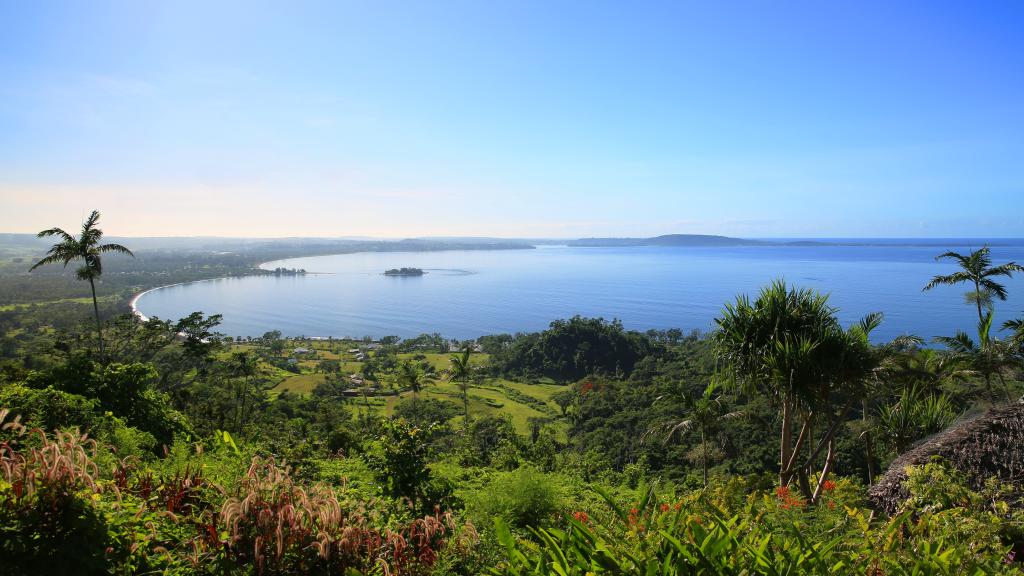31st October 2018

In a world first, the Vanuatu Government has selected two international drone companies, Swoop Aero and Wingcopter Holding to trial the use of drone technology to deliver life-saving vaccines to children in remote islands.
Supported by UNICEF, the largest vaccine procurer globally, the drones will improve the nations overall health care and medical distribution system.
While Vanuatu is a beautiful tropical tourist destination, many of the 80 islands suffer extreme poverty. Vanuatu also has a very high infant mortality rate of approximately 23 deaths per 1,000 births which is much higher than established Western nations.
Typically, nurses and doctors would deliver vaccines and medicines by foot, walking hours from village to village not knowing if they will have enough supplies for all that need it.
UNICEF Pacific Representative Sheldon Yett says he is proud to be involved in such a ground-breaking initiative.
"The challenges of reaching children in the remote islands of Vanuatu are immense, nurses often walk several hours to deliver health vaccines to health clinics in these communities," he said.
"Every child in the world has the right to lifesaving vaccines and this technology is a step towards reaching those children at most risk."
Director General of the Ministry of Health in Vanuatu George Taleo stated that the initiative will be extremely beneficial to remote communities.
"Ensuring vital supplies at health facilities are consistently available is an ongoing challenge for Vanuatu due to geography, logistics and high costs," he said.
"An important step for dealing with some of these challenges to providing healthcare to vulnerable communities is looking at innovative ways such as the use of drones.
CEO and founder of Swoop Aero told the ABC that the drones will operate autonomously through a pre-planned flight route.
"A healthcare worker will pack a series of vaccines in a WHO-approved vaccine carrier - they hand it over to us, we can drop it into the aircraft, load a pre-planned flight route and hit go," he said.
"When it's in flight it's completely autonomous… once it's on the ground, a healthcare worker or a nurse or doctor at the other end working in the villages can walk up to it open a hatch on the top, pull out the vaccine carrier, close the lid, press a button on the side of the aircraft, it counts down from 15, takes off vertically, and flies back home."
If the trials are successful in Vanuatu, it could pave the way for similar technology to be introduced in other Pacific Island nations who face similar medical and logistical challenges.